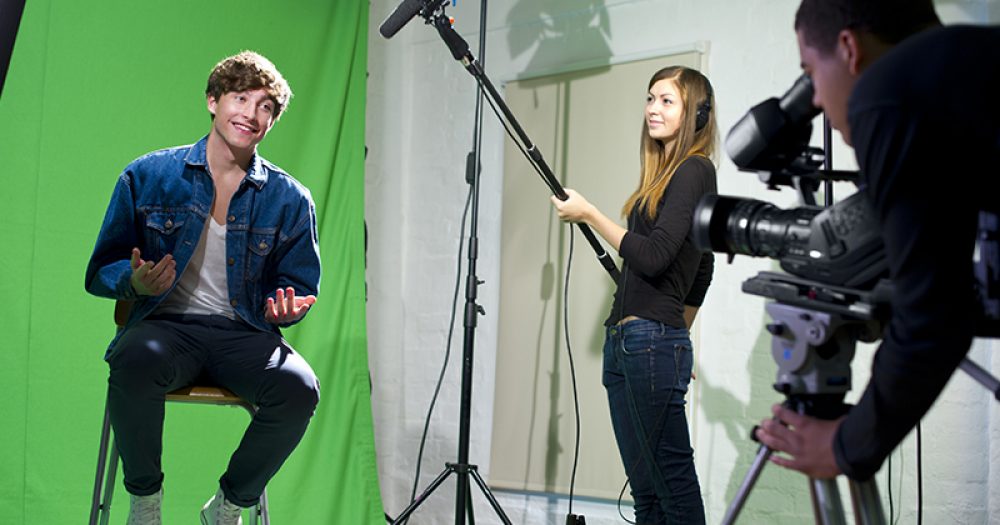A government department is pumping £100,000 into a pilot designed to get around the inflexibilities of apprenticeship levy rules for the creative industries.
UK film and television businesses have struggled more than most to make use of their levy funding since the policy’s introduction in 2017, with figures from industry body ScreenSkills showing they’ve only spent a quarter of the £20 million they annually pay into the pot.
The main issue is that apprenticeships must last for a minimum of 12 months, but most roles in TV and film are freelance and usually only run for two to three months.
To overcome this barrier, culture secretary Jeremy Wright used a visit to the set of Bond 25 at Pinewood Studios today to announce a pilot.
It will aim for around 25 apprentices to be employed by a provider, which will be similar to an apprenticeship training agency, and be placed on multiple placements for major films and TV shows during a 12-month programme.
It is planned to launch later this year, but details still need to be ironed out.
The Department for Digital, Culture, Media and Sport told FE Week it is yet to be decided whether it will be the delivery partner that will be paid the £100,000. The partner is expected to be appointed over the next few months.
Seetha Kumar, chief executive of ScreenSkills, which will lead on the pilot, welcomed the government’s “move to working with us to unlock the apprenticeship levy for the screen industries”.
“The opportunity to earn while you learn has huge potential to encourage new and diverse talent to join our booming film and television sector while tackling its skills needs,” she said.
“The pilot will provide an opportunity to stress-test a new approach to using levy funds to deliver high-quality training. We are working on ironing out the details as it is vital to find a way for the apprenticeship levy to support UK screen.”
Barbara Broccoli, the producer for EON Productions Ltd, said the film industry is projecting “severe skill shortages” in the next 5 to 10 years and it is “vital we invest in training through apprenticeships, to ensure that we have a healthy and diverse workforce in the future”.
Education secretary Damian Hinds applauded the Department for Digital, Culture, Media and Sport for “investing in apprenticeships to help more young people from underrepresented groups to pursue a career in TV and film”.
“There are a range of high-quality and exciting apprenticeship opportunities available in creative industries – everything from Junior 2D Artist, to Broadcast production assistant or Post production technical operator,” he added.
The levy requires employers with payrolls greater than £3 million to set aside money for apprenticeship schemes.









Your thoughts